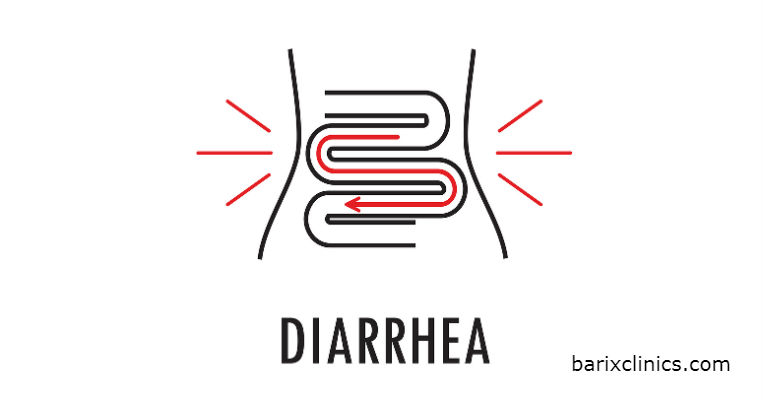Start your day off with a healthy protein-rich breakfast. If your breakfast choices could use a little revamping, try these great ideas. Make ahead or prep the night before whenever possible to keep your morning schedule on track.
Coffee
- Use Premier Protein (ready-to-drink) as a coffee creamer.
- Heat up Fairlife milk and add to your cup of joe to make a protein-rich latte
Download Healthful Tips: Breakfast Bites and Sips




